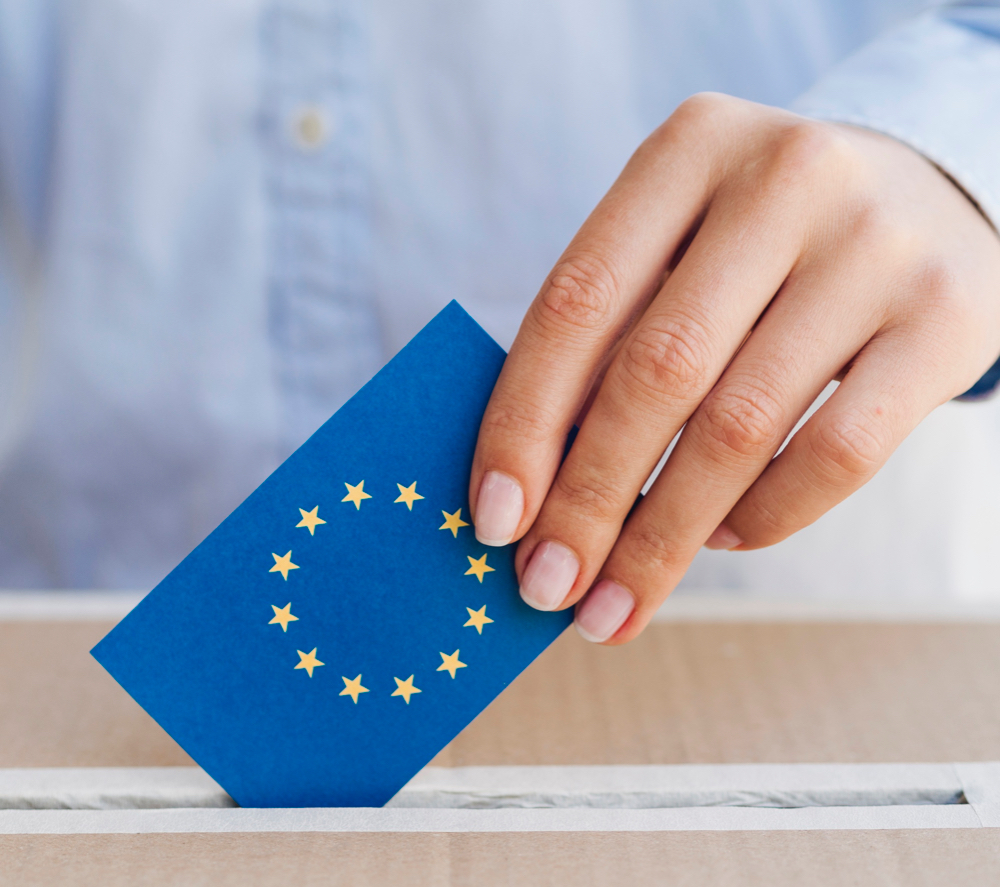As we rapidly approach the 2024 European Parliament (EP) elections, once again we are witnessing the discrepancy between the increased importance that the EP plays in EU citizens’ lives and the transnational character of most of today’s issues on the one hand, and the national character that the EP elections still have on the other.
This CEPS Policy Brief describes the elections’ low visibility (mainly due to a largely unharmonised electoral framework) and their perceived low stakes (mainly due to lacking a link between the elections to the legislature and the head of the EU’s executive arm, the Commission). It recommends addressing these challenges in two phases – in the immediate aftermath of the elections, the EU institutions should honour the election results and avoid institutional turf battles. In the next institutional cycle, Member States should prioritise harmonising EU electoral law, with a particular focus on combining the introduction of transnational lists with more visibility for European political parties and a revised lead candidate procedure.
About the Authors
Sophia Russack is a Researcher in the Institutions unit at CEPS. Her main research interests lie in the fields of EU institutional architecture, decision-making processes and institutional reform, with a particular focus on the European Commission. She covers topics such as the European Parliament elections and the lead candidate (Spitzenkandidaten) process; EU democracy and accountability; and the concept of differentiated European integration.
After obtaining her BA in Political Science and Sociology from the University of Frankfurt, she specialised in European affairs. In the course of her Master’s degree in European Studies at Maastricht University, she received in-depth instruction on the politics and policies of the European Union as well as in qualitative and quantitative research methods.
Besides her responsibilities at CEPS, Sophia is currently conducting PhD research at Maastricht University, investigating the European Commission’s politicisation and the ‘political’ Commission under Jean-Claude Juncker.
Nicolai von Ondarza is Head of the Europe Research Division at the German Institute for International and Security Affairs (SWP).


